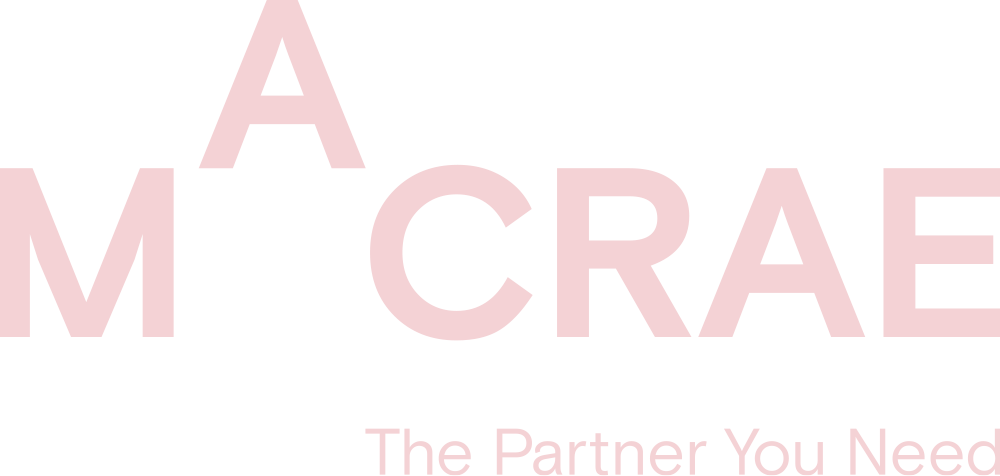Securities Docket - Ask a Recruiter: If You’re a Legal Recruiter, Why Can’t You Help Me Move In-House?
Weekly Career and Market Insight for Securities Docket Readers from Macrae recruiter Rachel Nonaka, Managing Director in Washington, D.C. and a Former Attorney for the SEC.
I routinely hear from law firm partners and government attorneys seeking assistance landing in-house roles – and they often seem surprised to learn that I can’t help them. After all, I’m a legal recruiter, right? Well, yes, that’s true. But the gulf between legal recruiters who place candidates at law firms and those who assist companies in filling in-house vacancies is wide.
Let’s walk through these differences.
The first thing to remember is that law firms are profit centers while in-house general counsel’s offices are cost centers. As a profit center, a firm that adds another partner is making what it hopes will prove a lucrative business decision. (A whole group? Cha-ching!) As a result, law firms will consider strong individual applicants or groups at any time. They can be “opportunistic” about hiring talented practitioners even if they are not actively looking for specific expertise. In-house lawyers, on the other hand, are typically brought on to fill a specific need or gap in expertise, and it’s hard to know if and when a company is in hiring mode.
The Law Firm Recruiter and Candidate Representation
Recruiters like me represent the candidate in proactive market searches and can do so across the entire law firm market. In fact, with the authorization of my candidate, I can confidentially submit their materials to any firm that accepts my representation and agrees to the terms of a fee agreement between the firm and my company, Macrae.
As discussed in previous posts, my objective with candidate representation is to create a competitive job market, with offers coming from multiple firms simultaneously. This enables the candidate to see a range of opportunities and have a competitive negotiating position for title and compensation. Because timing is not tied to a specific job opening, the recruiter can invest significant time in the relationship with the candidate and provide strategic advice about the best time to “launch” his or her search.
Candidate representations are most analogous to the role played by a sports agent – a law firm recruiter represents “the athlete” to any team that needs that position. Of course, the law firm recruiter is hoping and praying that their athlete is more Tom Brady and less “Mr. Irrelevant” (but see Brock Purdy!) for two significant reasons:.
(1) The law firm recruiter is paid by the winning law firm, and this fee is tied to the candidate’s compensation. (“Show me the Money!” Please, please let Tom Cruise play me in this future movie...) The industry standard is for firms to pay recruiters 25% of the candidate’s first year salary. Therefore, a law firm recruiter is incentivized to maximize compensation for the candidate and to spend time ensuring the candidate has the best opportunity.
(2) Law firm recruiters love referrals from happily placed candidates. A referral from a high-end candidate (a.k.a. Tom Brady) is likely to be another high-end candidate.
The In-House Recruiter and Company Representation
Recruiters who specialize in in-house opportunities have a different set of motivations. They are typically retained by the company and their compensation may be a flat fee when a hire is made. In this arrangement, the recruiter is not incentivized to advocate for the candidate’s compensation demands or get them interviewing with multiple companies. The recruiter is motivated to keep their client (the company) happy so that they continue to be retained for exclusive searches.
It's important to understand that each recruiter working to fill in-house vacancies is only handling a small percentage of the open positions. So, if you, as a candidate, reach out to an in-house recruiter and ask what companies are currently hiring for their GC’s office, you’ll likely only hear about the companies they are working for.
In-house recruiters are motivated to fill the vacancy as quickly as possible, which means they are looking for the candidates who are most qualified on paper. They rely heavily on LinkedIn and other search tools to build the company a candidate pool that appears to meet the majority of the company’s criteria. Recruiters for in-house positions are also motivated to get multiple candidates in play for a single position, as this increases the likelihood of filling the position (and getting paid!).
From the candidate’s perspective, conducting a proactive in-house search is more time-consuming and requires several avenues for outreach. However, if you get traction with a company, the hiring process can move much faster than the law firm process.
We recommend that candidates reach out to multiple in-house recruiters to establish a connection and be top of mind should any great roles come across their desks. We also advise in-house candidates to optimize their online presence, which should include robust law firm bios and comprehensive LinkedIn profiles. This will help in-house recruiters more readily identify them, assess their qualifications, and feel confident in reaching out.
If you have a question for the column, shoot me an email. If you’d like to have a confidential discussion about your career, please complete this brief form here. To read previous “Ask a Recruiter” columns, visit Macrae News.

